US President Joe Biden is still trying to change the situation of the Russia-Ukraine conflict and the Middle East. However, it will only be a drop in the bucket with the current situation, there is still a huge policy gap for President-elect Donald Trump to have his own unique approach.
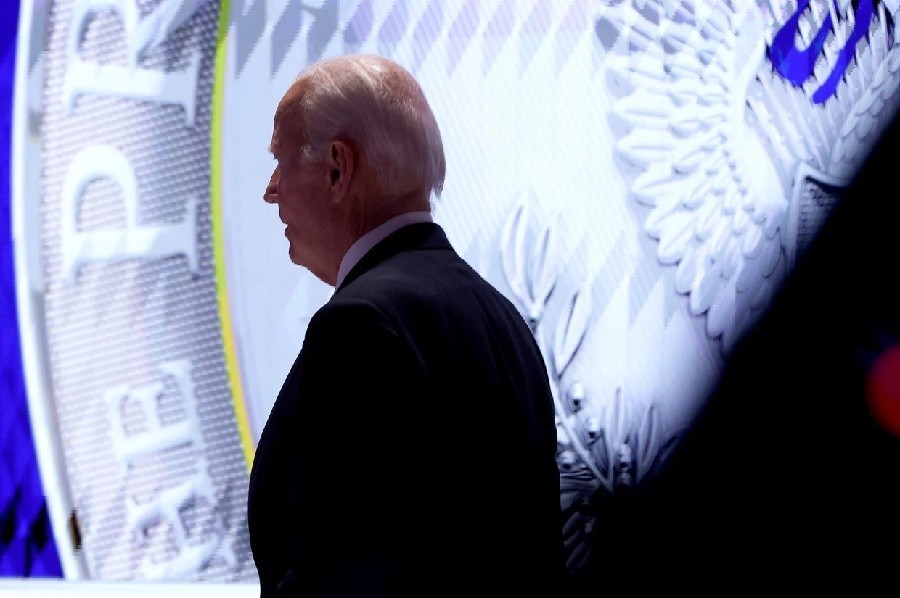 |
| The administration of US President Joe Biden is entering the final stages of consolidating its legacy. (Source: Getty Images) |
What Biden can still do
The Joe Biden administration is entering a sprint to cement its legacy before President-elect Donald Trump takes office.
The past two weeks have shown that President Biden is prioritizing three issues: One, the conflicts in Ukraine and the Middle East. Two, subsidies for American businesses operating in areas such as semiconductor manufacturing and renewable energy development. Three, the appointment of a number of pro-Democrat judges.
After months of sending mixed signals, on November 17, President Biden decided to allow the Ukrainian military to use the US-supplied long-range tactical missile system (ATACMS) to attack targets deep inside Russian territory, with the goal of "improving Ukraine's position at the negotiating table".
Then, on November 20, some American news agencies and newspapers such as AP reported that the US would soon provide the Ukrainian army with a number of anti-personnel mines (previously the US only provided Ukraine with anti-tank mines) to repel or slow down Russia's advance.
Currently, the US Department of Defense is actively completing the necessary procedures to be able to transfer aid packages with a total value of 7.1 billion USD to Ukraine before January 2025.
As for the Middle East, the Financial Times recently cited sources saying that President Joe Biden's administration has all but given up on hopes of reaching a ceasefire and hostage release agreement between Israel and Hamas before the transition of power at the White House.
Instead, President Joe Biden and his Middle East team are pushing for a peace deal between Israel and the Hezbollah movement that would see Hezbollah withdraw from the disputed area and allow tens of thousands of displaced people to return to the Israel-Lebanon border.
On November 19, President Biden sent a special envoy to the Middle East (senior advisor Amos Hochstein). The press reported that the discussions were "quite positive" and that an agreement was possible.
Ensuring that the legacy is not reversed
In parallel with consolidating political and security legacies, President Biden and his team of officials and economic advisers are accelerating the implementation of domestic and foreign production and infrastructure stimulus packages, ensuring that hundreds of trillions of dollars worth of investments approved under Mr. Biden will not be canceled or reversed by the Trump administration.
In an interview with Politico magazine, Commerce Secretary Gina Raimondo affirmed her determination to disburse the maximum amount of money allocated under the CHIPS Act of 2022 ($50 billion), and said she has directed units to work continuously to lobby semiconductor businesses to soon reach an agreement with the government.
Similarly, Senior Climate Advisor John Podesta has been strengthening his engagement with foreign partners (most recently at the UN Climate Summit) to accelerate the disbursement of the $369 billion allocated to clean energy development under the US 2022 Deinflation Act.
In addition, CNN said that President Biden's team has been working closely with Senate Majority Leader Chuck Schumer (Democrat - New York) to push the US Senate to approve candidates for judicial positions nominated by President Biden.
On November 21-22, several US news sites such as AP and Washington Post cited sources saying that the leaders of the two parties in the Senate had reached an agreement, according to which the Democrats agreed not to hold a vote to approve four appeals court nominees nominated by Mr. Biden during the remaining working time of the 118th Congress. In return, the Republicans agreed to hold a vote to approve seven district court judge nominees in the first week of December, after Thanksgiving, and six more candidates also in December.
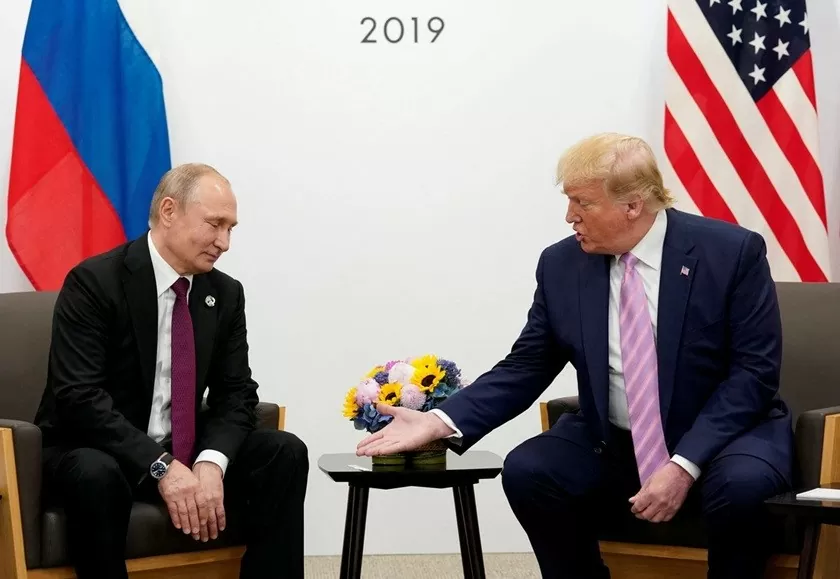 |
| US President Donald Trump meets Russian President Vladimir Putin at the G20 summit in Japan in 2019. (Source: Reuters) |
Mr. Trump will have a different approach.
While the Joe Biden administration has taken "official" steps to create a change in the Russia-Ukraine situation, President-elect Trump has gradually revealed his approach to this important issue.
Speaking on Fox News on November 24, Mr. Mike Waltz, who was chosen by President-elect Trump as national security advisor, emphasized that the main priority of the incoming administration is to organize negotiations between Russia and Ukraine, with the aim of bringing both sides together to negotiate a ceasefire or peace agreement.
“We need to discuss who will be at the table, whether it will be a deal or a truce, how to bring both sides to the table and then what the scope of the deal is,” he said.
Mr Waltz stressed the importance of involving America’s European allies in the process. “All of our allies and partners need to share this burden,” he said, stressing that resolving the conflict would require international cooperation.
A retired colonel and national security expert, Mr. Waltz believes the Trump administration will act quickly to restore deterrence and end conflict.
President-elect Trump, despite his reputation for being a volatile man, remains the “master dealmaker” he was portrayed in his book The Art of the Deal, according to several people close to him. He has worked hard to reach agreements with many of America’s global rivals during his previous term and appears poised to continue that path.
However, the problem is that the challenge for Mr. Trump is growing, as after 4 years since he left the White House, the world is more tense with conflicts in Ukraine and the Middle East.
The Middle East problem becomes more difficult
When it comes to the Israeli conflict in Gaza and Lebanon, Mr. Trump has indicated to both Israeli Prime Minister Benjamin Netanyahu and senior negotiators in Qatar that he supports Tel Aviv's military plans, but wants to "get it done" before he takes office.
But while Netanyahu is expected to be more willing to make concessions to Trump than Biden, the Israeli leader is also in a stronger political position. After successful campaigns against Hezbollah and Hamas, Netanyahu has consolidated support within his cabinet, making him likely to remain in power for at least another year.
The Washington Post recently reported that Israel is preparing a ceasefire with Hezbollah in Lebanon as a “gift” for Trump’s inauguration. But Netanyahu has also insisted that Israel will continue military operations against Hezbollah despite the ceasefire.
In addition, the Israeli government has openly discussed annexing the West Bank, which would certainly prolong the conflict and freeze the possibility of normalization between Saudi Arabia and Israel, the core of a broader peace deal in the region.
Source: https://baoquocte.vn/tong-thong-my-biden-va-nuoc-co-cuoi-cung-co-di-san-tao-khong-gian-de-ong-trump-tro-tai-bac-thay-thuong-thuyet-295042.html










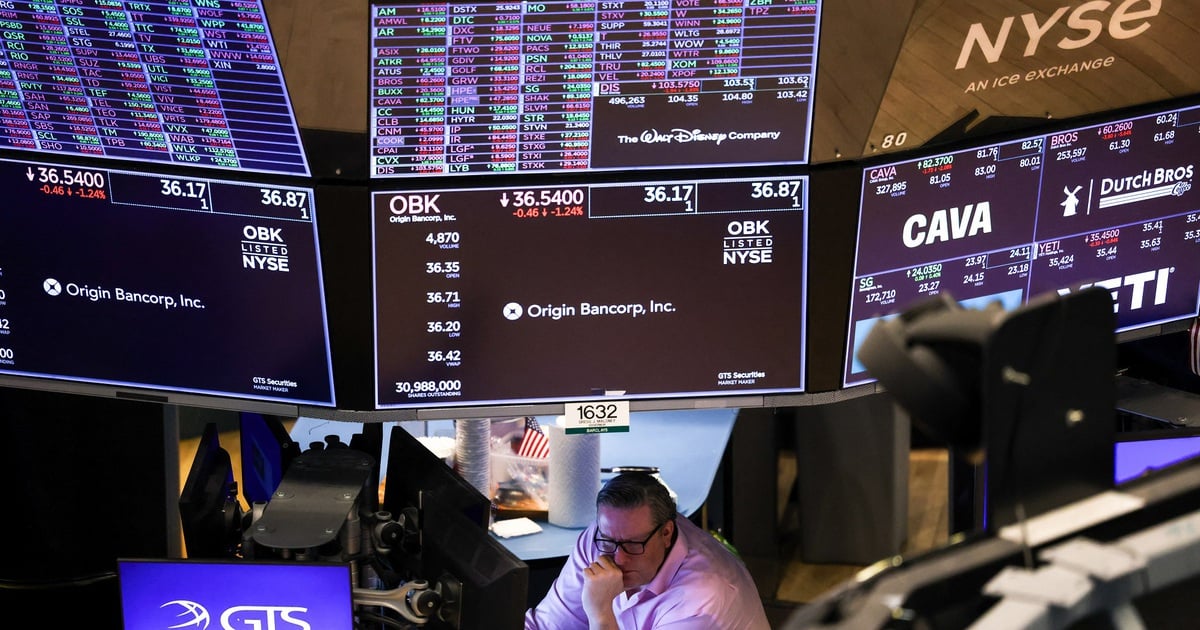

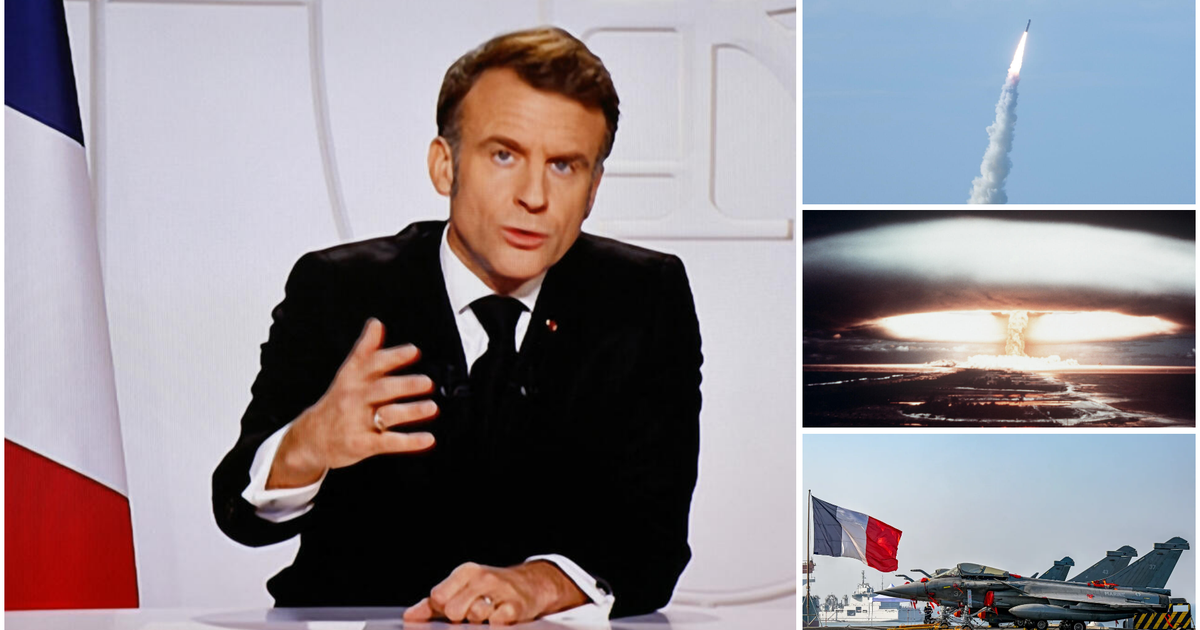
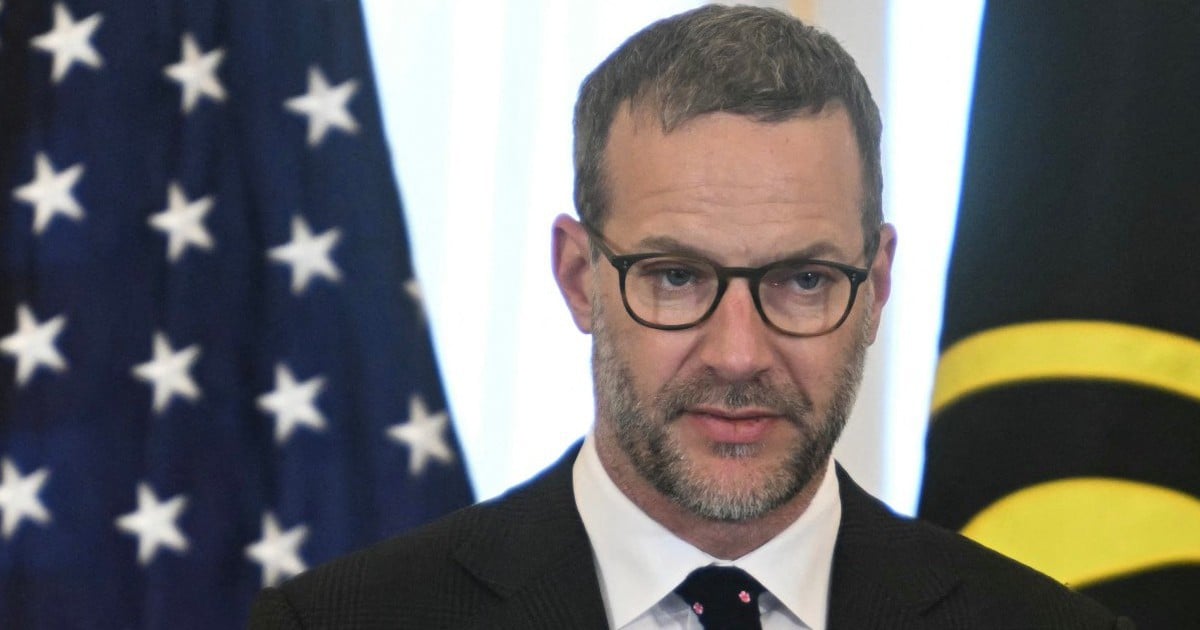
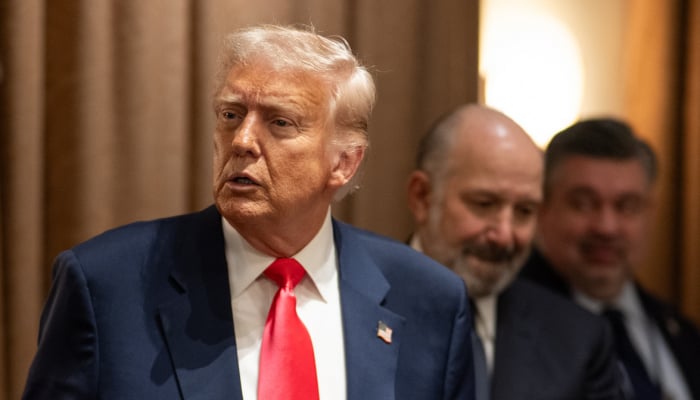

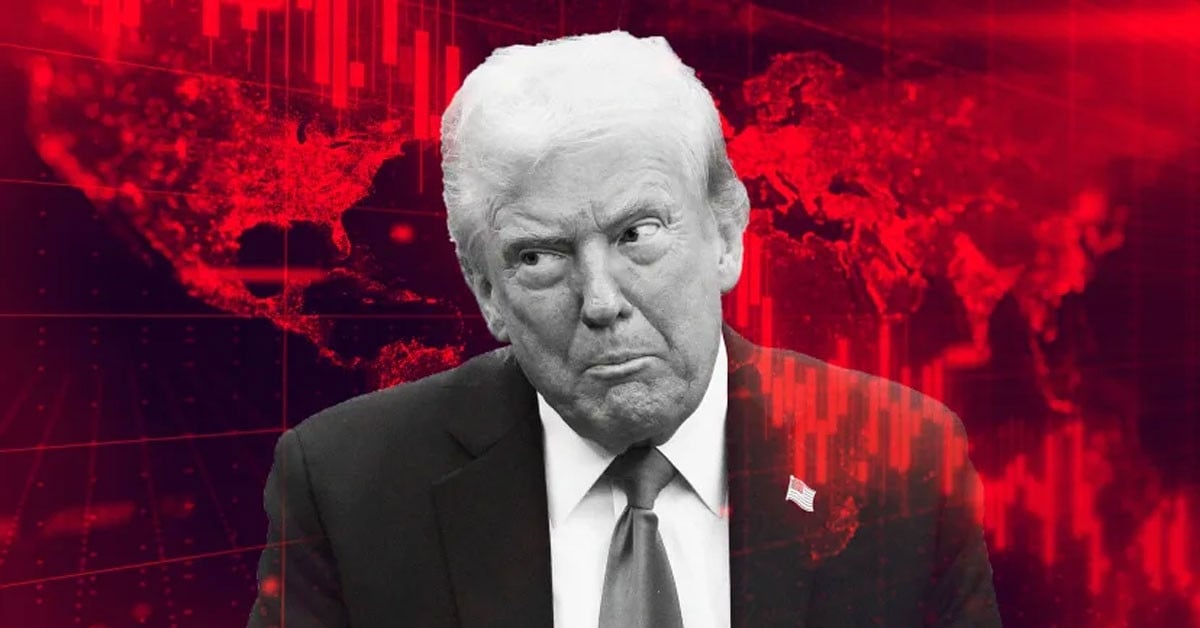

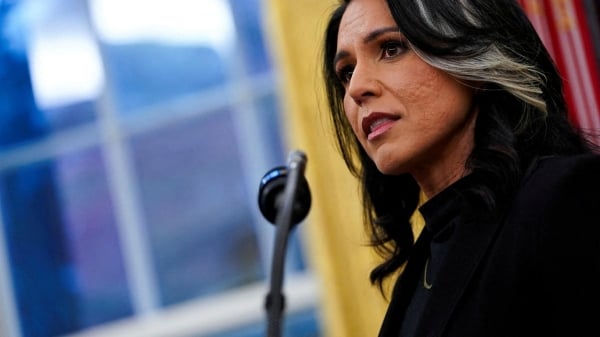

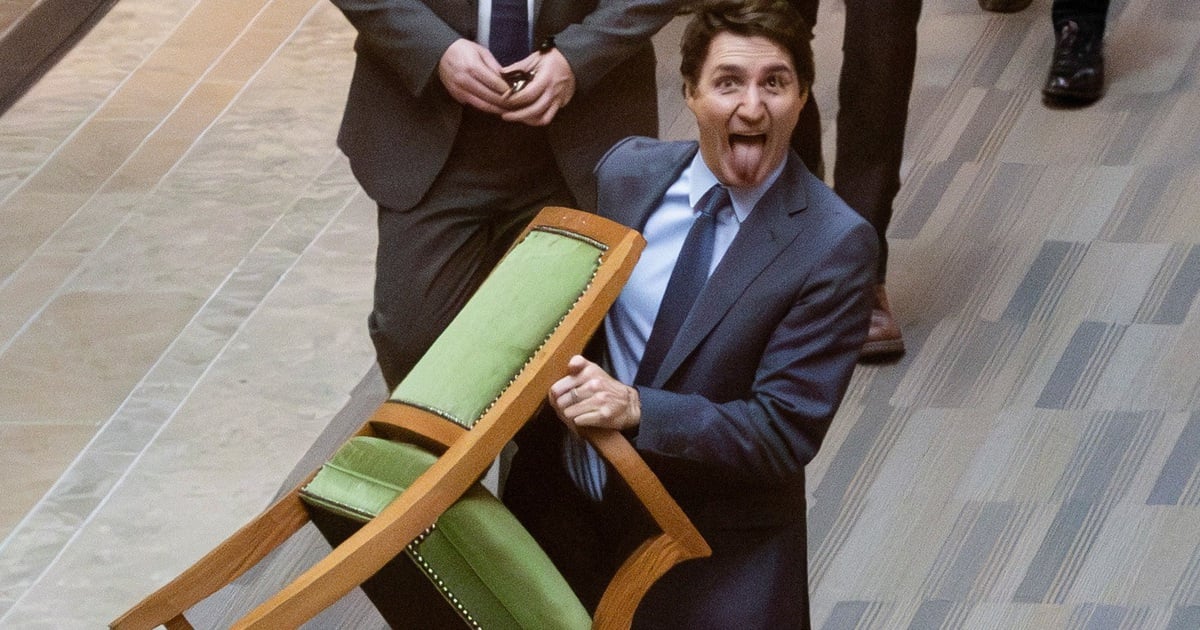


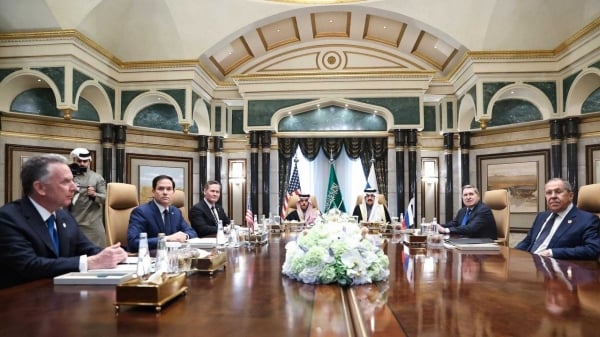



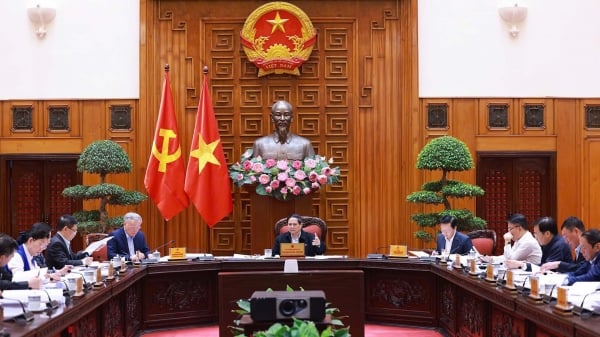

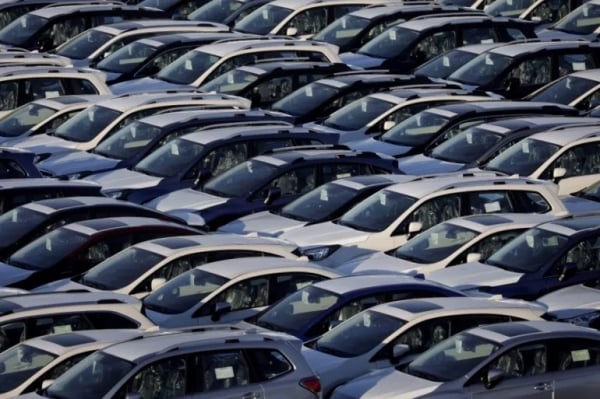


















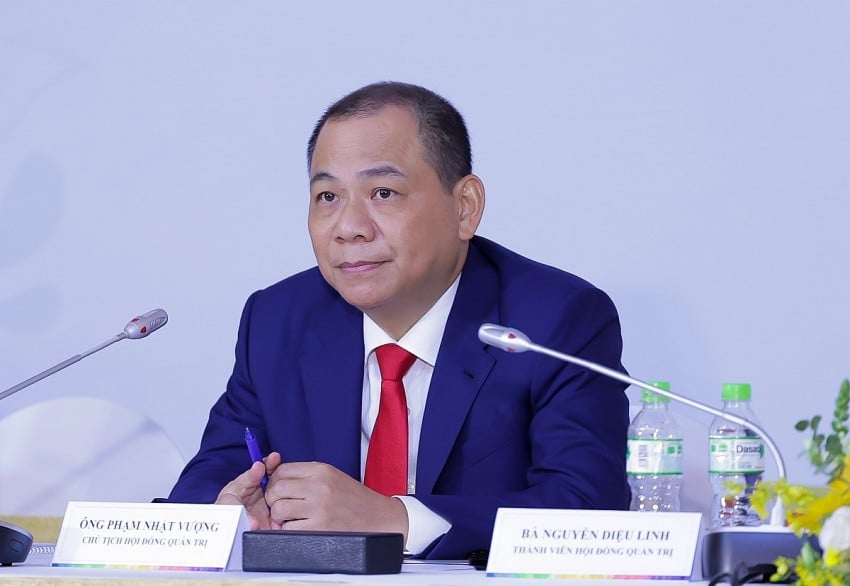











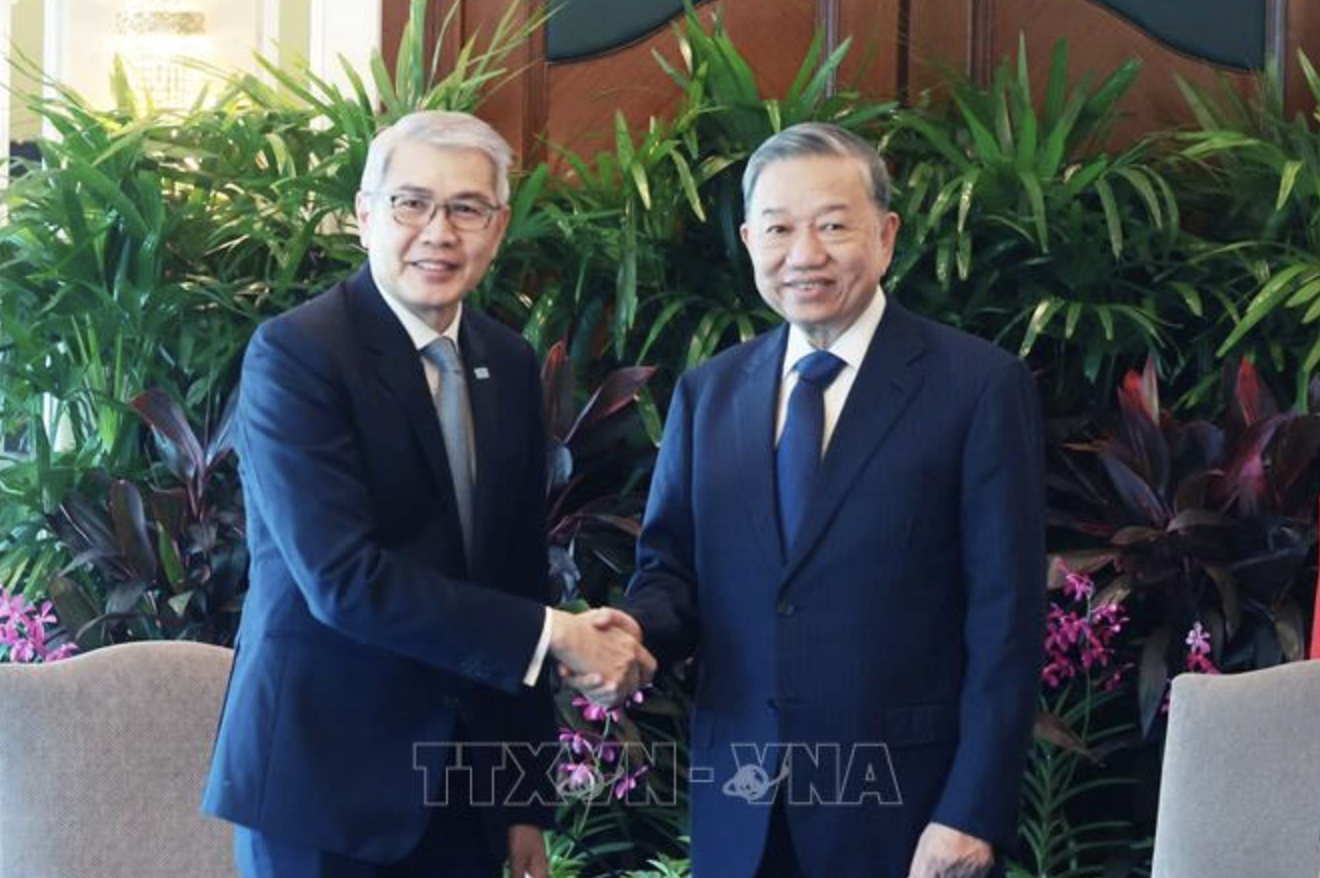

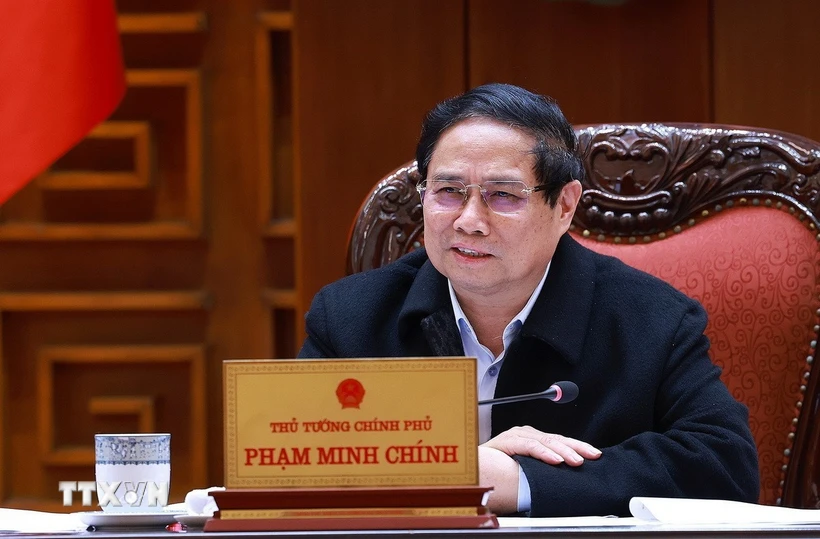

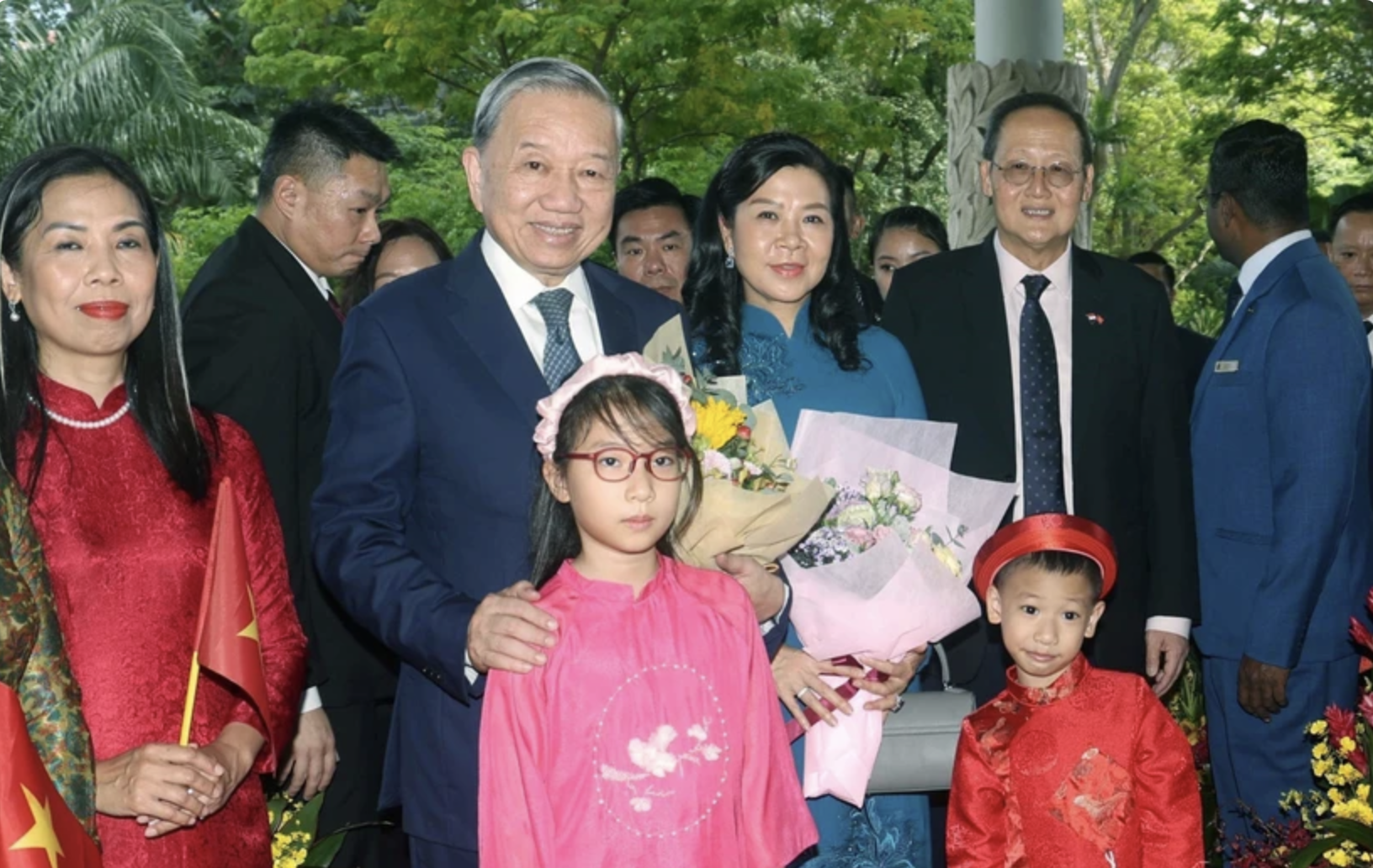

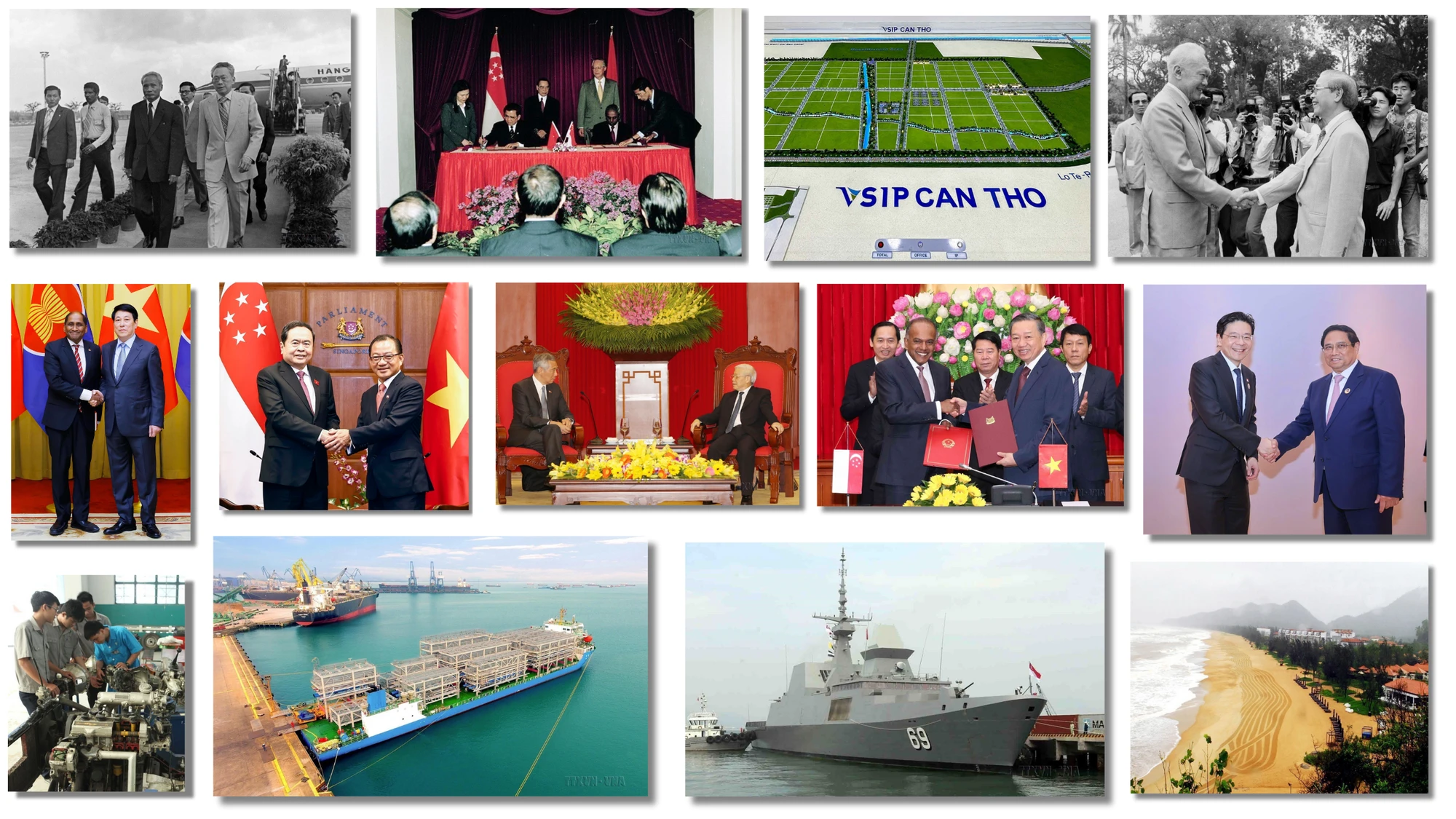


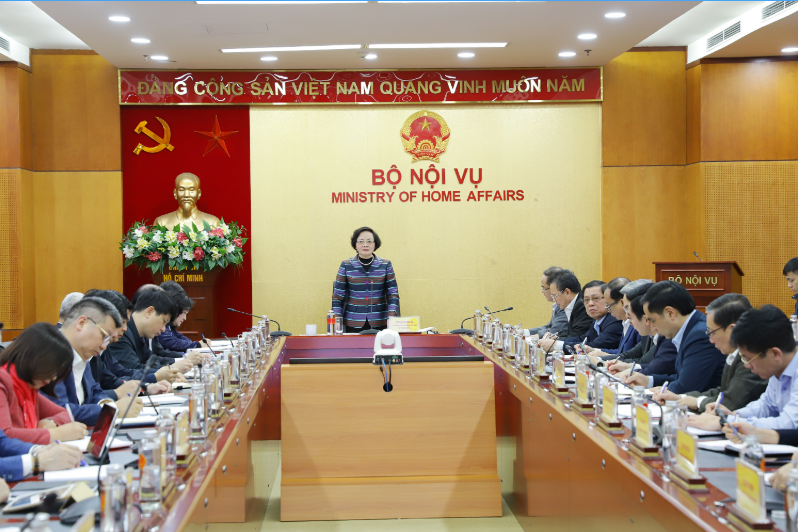




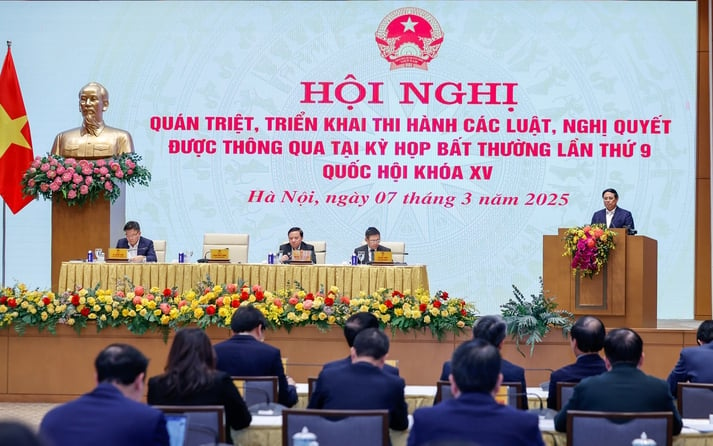






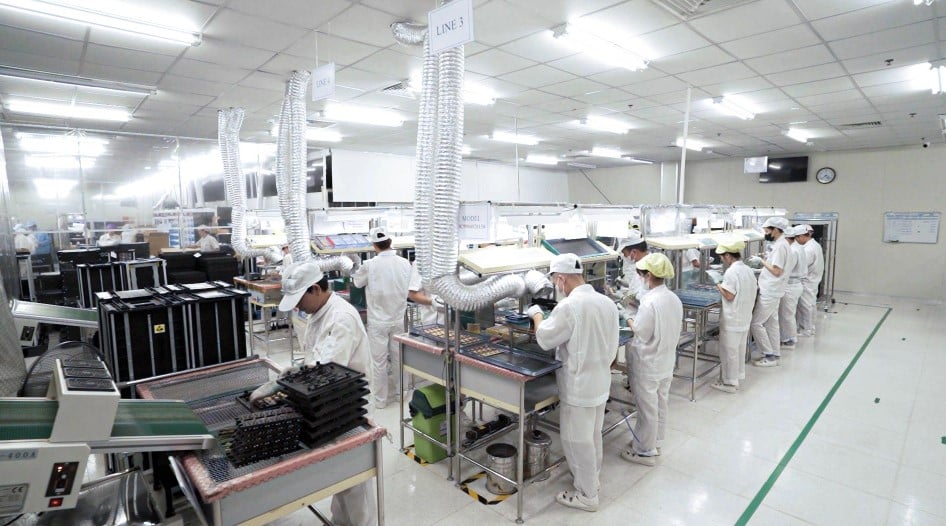








Comment (0)